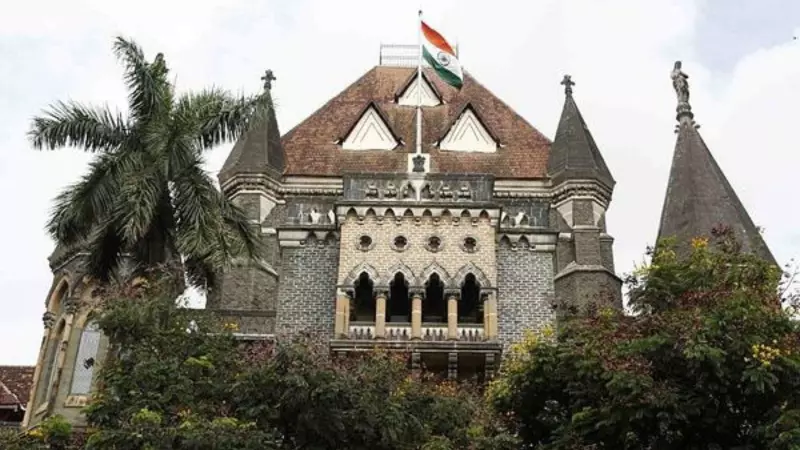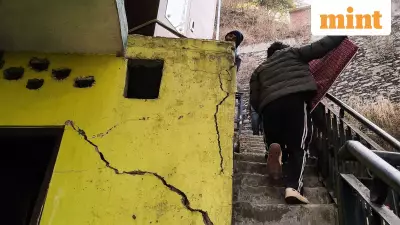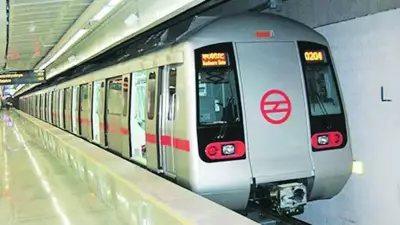
Mumbra Train Tragedy: Engineers Challenge Bail Rejection in High Court
Two Central Railway engineers have approached the Bombay High Court seeking anticipatory bail after the Thane sessions court rejected their pleas last week. The engineers, Vishal Dolas and Samar Yadav, face allegations of negligence in connection with the tragic Mumbra train accident that claimed five lives on June 9.
The Fatal Incident and Initial Investigations
The unfortunate incident occurred near Mumbra railway station on the main line of the Central Railway, where five commuters fell to their deaths. According to the Central Railway's internal inquiry report, the deaths were attributed to overcrowding on the trains. The report suggested that a protruding backpack measuring approximately 30 cm in thickness from one train brushed against passengers standing on the footboard of another train, causing the fatal accident.
However, the Government Railway Police (GRP) took a different view, booking assistant divisional engineer Vishal Dolas and senior section engineer Samar Yadav for alleged negligence in maintaining the railway tracks. The FIR was filed after a significant delay of five months following the incident, based primarily on a report from Veermata Jijabai Technological Institute (VJTI).
Engineers' Defense and Legal Battle
In their defense, the engineers have presented compelling arguments before the court. They cited an internal report prepared by a committee comprising five senior railway officials that found no lapses on their part. The engineers emphasized that they are qualified professionals with over two decades of service in the Railways.
One of their key arguments states that approximately 200 trains had passed the same railway tracks before and after the incident at identical speeds without any issues. This, they claim, effectively disproves allegations that the accident resulted from negligence or omission in their duties regarding track maintenance.
The engineers have also questioned the validity of the VJTI report, describing it as being based on "assumption" rather than concrete evidence. Their legal team has argued that the FIR lacks substantial proof and was filed after an unreasonable delay.
Court Proceedings and Future Implications
The Thane sessions court, while rejecting their anticipatory bail applications, made significant observations in its order. The court noted that the incident prima facie appeared preventable if the concerned authorities had carried out their work properly. The court also expressed skepticism about the protruding backpack theory, describing it as "unreasonable" and noting that the railway report lacked supporting photographs or spot inspection evidence to confirm that passengers were indeed carrying 30 cm thick backpacks.
As the case now moves to the Bombay High Court, the outcome will have substantial implications for railway safety protocols and accountability mechanisms within the Indian Railways system. The engineers' legal team is expected to emphasize their long service records and the absence of previous complaints against them.
The Mumbra train accident has once again highlighted the critical issue of passenger safety in Mumbai's overcrowded local train network, which serves millions of commuters daily. The High Court's decision on the anticipatory bail applications is eagerly awaited by all stakeholders, including railway authorities, passenger safety advocates, and the families of the victims.




